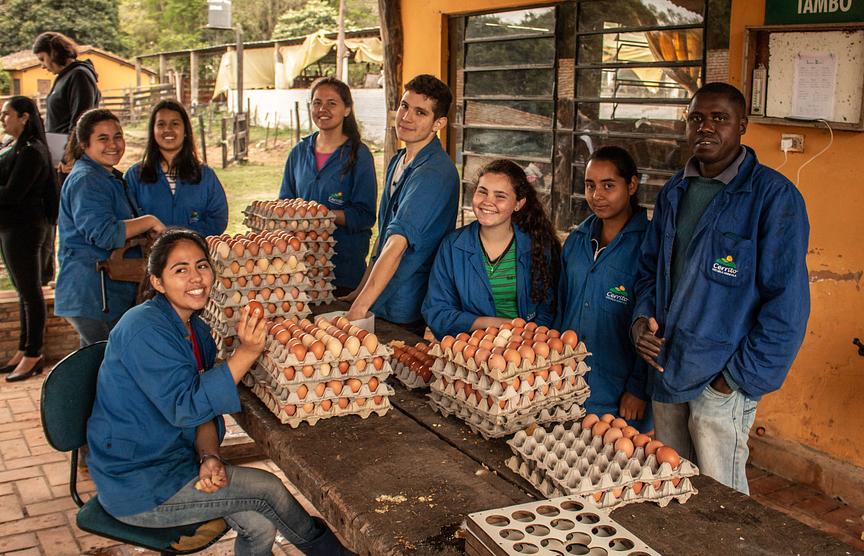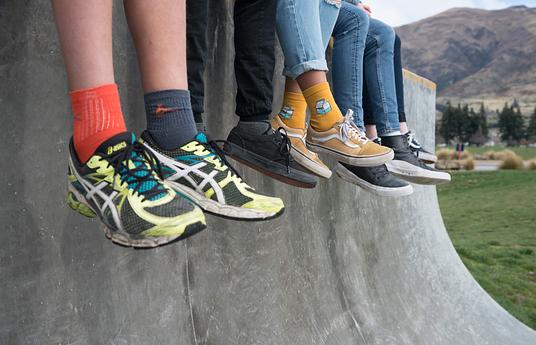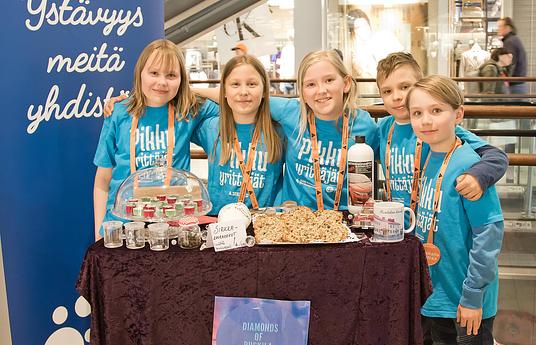In Paraguay, 6 out of 10 children do not finish high school because access to quality education is limited and expensive. The Self-sustaining school model addresses this problem by offering affordable and high-quality secondary school education to low-income, mainly rural communities in Latin America and Africa, serving youth who have few educational opportunities.
The Self-sustaining school model ensures the quality and relevance of the program by giving students the opportunity to learn practical and entrepreneurial skills as they help run the school’s commercially viable, on-campus enterprises. The school curriculum is a hybrid between two official government curriculum programs (Agriculture & Livestock Studies and Rural Tourism & Lodging Studies) and the entrepreneurship education curriculum from Junior Achievement. Students learn to run competitive enterprises—from production to marketing to record keeping—acquiring useful, marketable skills. At the same time, the school ensures that this education is affordable for the students by generating income to cover the costs. The competencies developed empower students to broaden their perception of possibility and improve their quality of life. The model offers a paradigm shift; it’s about changing the approach to alleviating rural poverty by providing innovative educational opportunities.
The Self-Sustaining School model has been promoted in the past through partnerships with businesses, governments and other non-profits. It has been implemented in 18 countries. The Self-Sustaining School Model has been recognized and awarded in several occasions by: Novia Salcedo Award (2016), International Labour Organization and MTV Award for Best Practices in Youth Work (2014), Nestlé Award for Creation of Shared Value for the Self-Sufficient School Program (2012), Ashoka Changemakers Challenge “Driving Economic Opportunities”, Oikocredit Award (2010), Japan Most Innovative Development Project Award (2009), WISE Education Awards of the Organization of Ibero-American States (OEI) (2009), Templeton Award in the Social Entrepreneurship category (2009), UNESCO and IDB (2009).
If you want to adopt the model you may contact the innovators or via our website (fundacionparaguaya.org.py). We will exchange experiences, develop a business and sustainability plan, and upon a cooperative agreement, we will help you search for grants and provide technical assistance to adapt the model to your own context.



